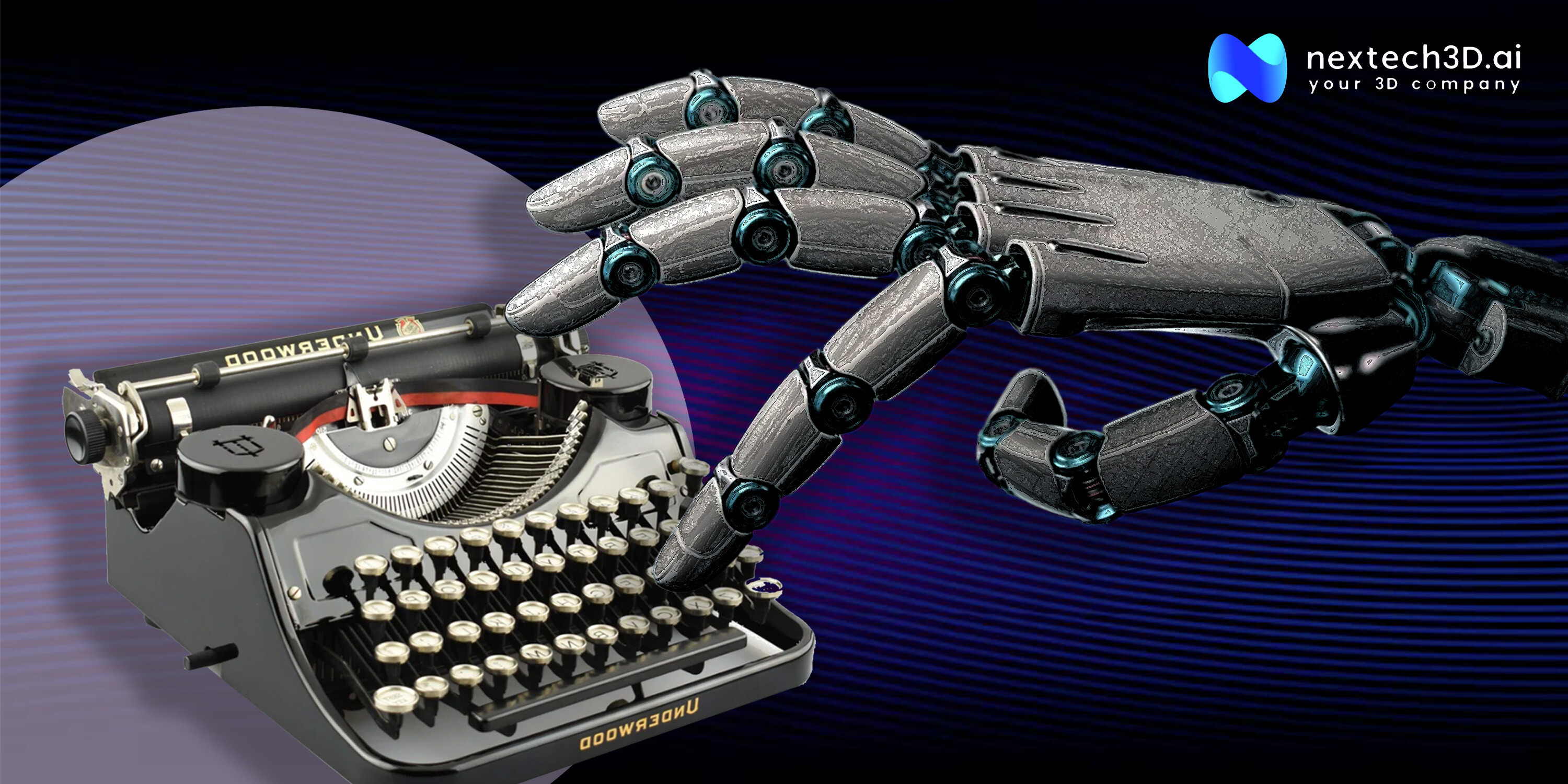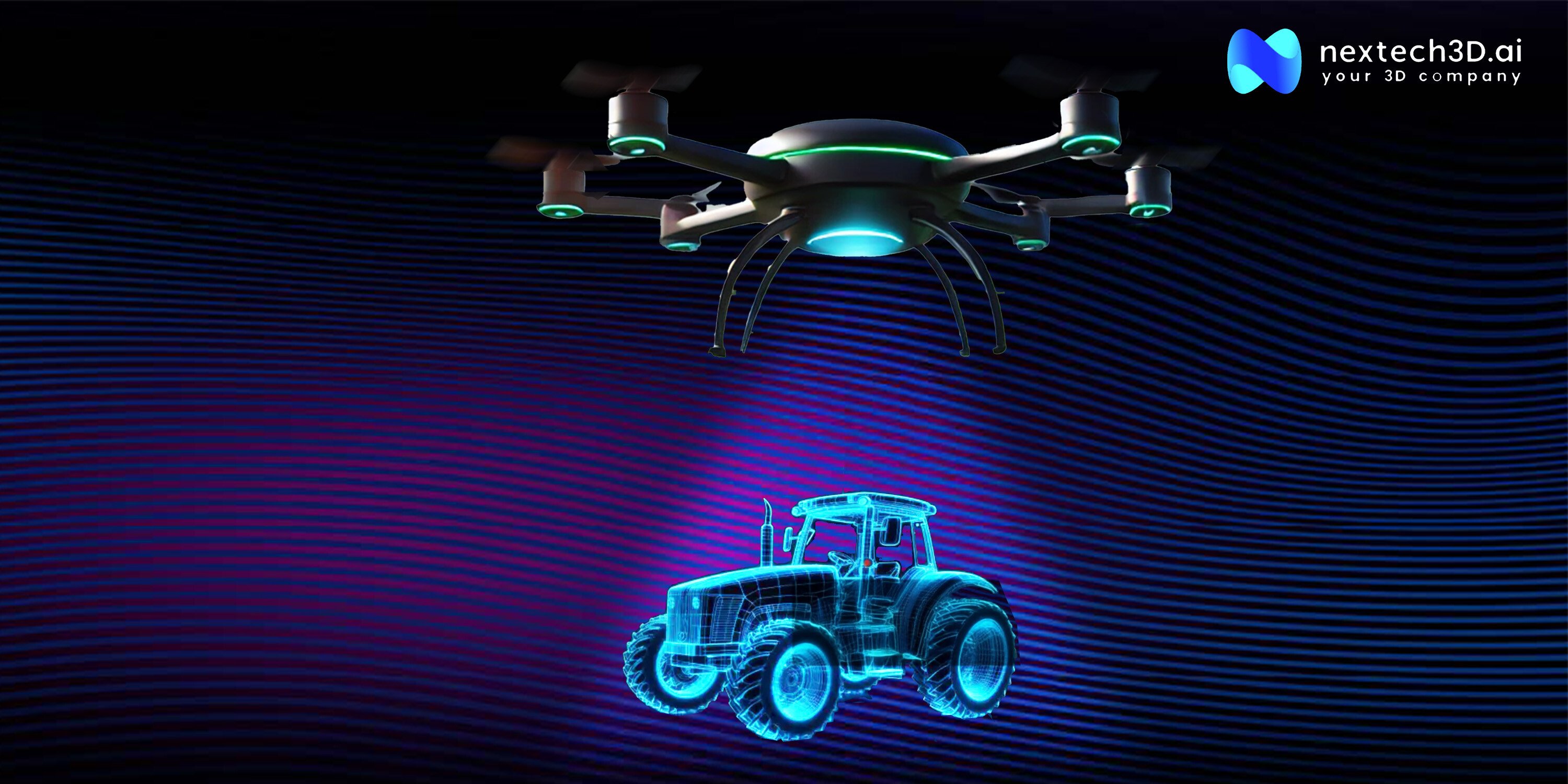The rise of artificial intelligence in the creative world has been met with equal parts excitement and apprehension.
For writers, the question looms large: Should they be worried about AI replacing them in content creation?
To answer this, we must delve into the capabilities of AI, its limitations, and the irreplaceable human touch that makes writing an art form.
The Current Landscape Of AI In Content Creation
AI tools have transformed the way content is created. They can produce blog posts, advertisements, scripts, and even novels at astonishing speeds.
Platforms like ChatGPT and Jasper AI are capable of generating coherent and sometimes highly engaging text with just a few prompts.
These tools analyze vast amounts of data to mimic human-like writing, making them invaluable for businesses looking to streamline their content production.
AI excels at generating bulk content, conducting keyword optimization, and tailoring content for specific audiences.
The Human Element: Where AI Falls Short
Despite its impressive abilities, AI is not without its limitations.
Writing is about more than stringing words together. It’s about storytelling, empathy, and the ability to connect on a deeply emotional level.
These are qualities that AI struggles to replicate authentically.
Consider poetry, memoirs, or emotionally charged narratives—areas where nuance, cultural context, and personal experience are paramount.
AI lacks the lived experiences that inform much of human writing. Additionally, it struggles with understanding complex moral and ethical questions, which are often central to thought-provoking content.
Collaboration Over Competition
Rather than viewing AI as a threat, writers can embrace it as a tool to amplify their creative output.
By automating repetitive tasks such as research, grammar checks, and basic content structuring, writers have more time to focus on crafting compelling narratives.
For example, AI can analyze audience behavior and suggest topics that align with current trends.
Writers can then use this data to create content that is both relevant and deeply engaging.
The Future Of Writing In An AI-Driven World
The future of content creation isn’t about choosing between AI and human writers but finding the right balance.
Writers who adapt and learn to work alongside AI will thrive. They can use AI to handle the heavy lifting while focusing on the artistry and strategy that only humans can provide.
Moreover, as AI continues to evolve, its role in content creation will likely expand beyond generating text.
Should Writers Be Worried?
The rise of AI in content creation is not the end of writing as we know it.
Instead, it marks the beginning of a new era where writers and AI can collaborate to push the boundaries of creativity.
So, should writers be worried? Not if they’re willing to adapt, learn, and embrace the opportunities that AI brings to the table.
In fact, with the right mindset and tools, writers stand to benefit immensely from this technological revolution.
Book a Demo: Nextech3D.ai








